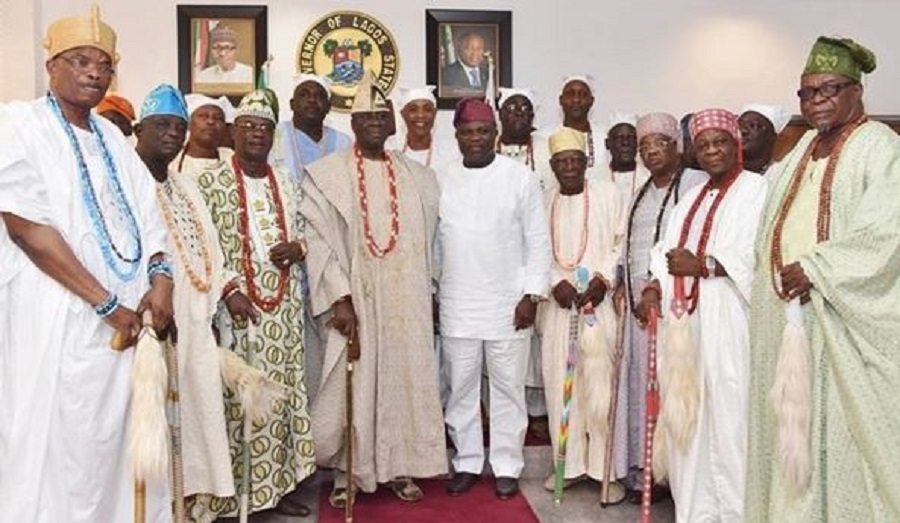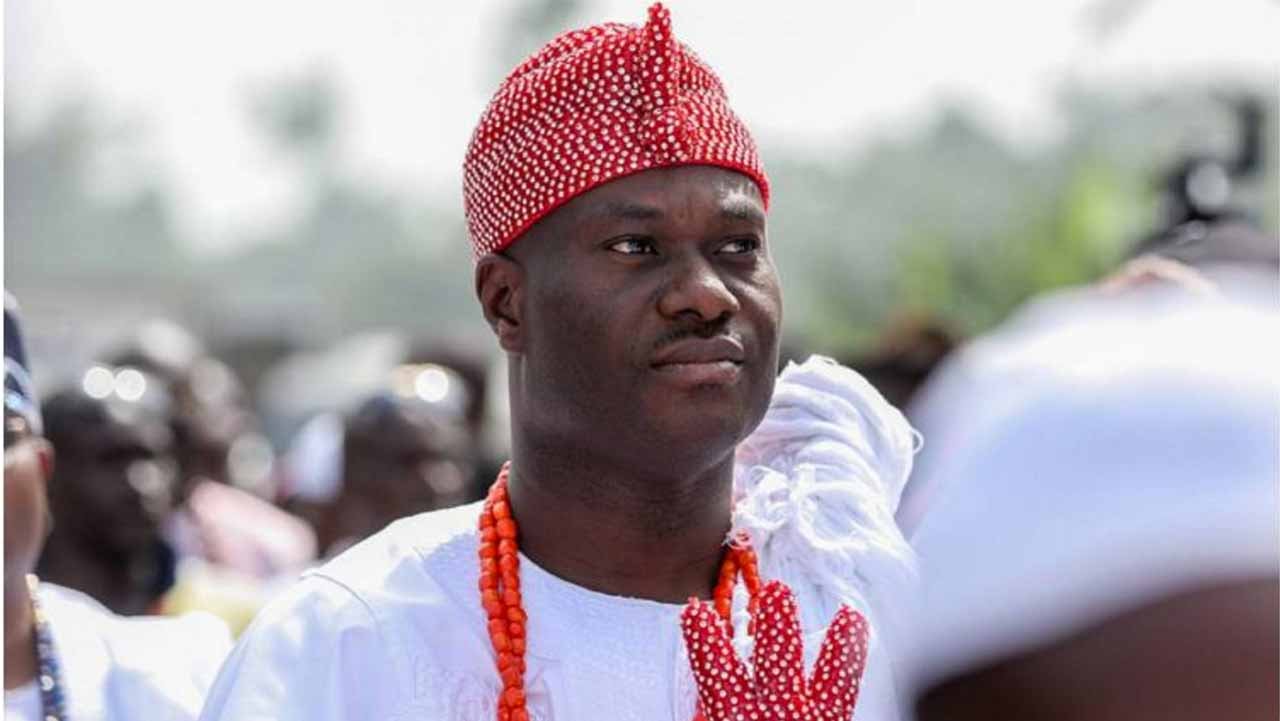Oba Wants Constitutional Sovereignty For Traditional Rulers
Oba Olufolarin Ogunsanwo, the Alara of Ilara Kingdom, in Epe Division of Lagos State on Friday urged the Federal Government to grant constitutional sovereignty to traditional institutions.
He told NAN in Epe that this would lead to national prosperity.
He also advised government to reinstate the roles assigned to traditional rulers in the 1969 Constitution.
According to him, traditional rulers are very close to the people and they have solutions to their problems.
“Government should recognise and grant constitutional autonomy to traditional rulers for peace to reign at the grassroots.
“This will help to solve various challenges facing the people in the rural areas,’’ he said.
The Alara also expressed optimism that granting traditional rulers constitutional sovereignty would speedily address the nation’s current security challenge.
“Once there are security issues at the grassroots, residents immediately report such to the palace or to the traditional leaders before going to police station.
“If power and autonomy are granted to traditional rulers, we will make law and take decisions that will be constitutionally binding on the people at the local communities.
“This will help in addressing several issues and challenges bothering the people at the grassroots, because they are closer to the traditional institutions than they are to government.
“We traditional rulers are at the receiving end; therefore, we can proffer solutions to several problems facing the people at the rural communities.
“With this autonomy, both the people and the government will be at peace as traditional rulers will help in solving challenges at grassroots with the constitutional authority granted to them,’’ he stressed.
Oba Ogunsanwo urged government to provide employment opportunities for youths and to regard the growing population as economic asset rather than as liability.





